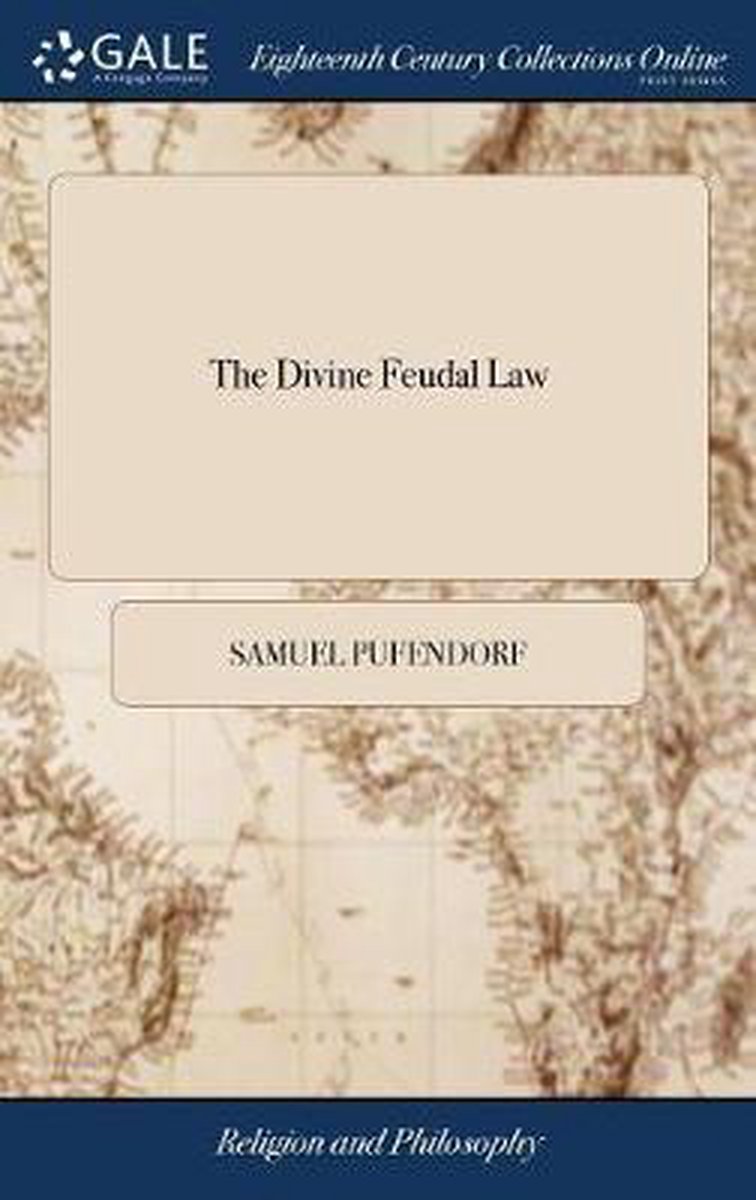The Divine Feudal Law
Originally published posthumously, in Latin, in 1695, The Divine Feudal Law sets forth Pufendorf’s basis for the reunion of the Lutheran and Calvinist confessions. This attempt to seek a ?conciliation” between the confessions complements the concept of toleration discussed in Of the Nature and Qualification of Religion in Reference to Civil Society. In both works Pufendorf examines the proper way to secure the peaceful coexistence of different confessions in a state. Although he argued in Of the Nature that maintaining peace and order in the state does not require all subjects to share one belief, Pufendorf also believed that ?true” Christianity was beneficial to society. For that reason he advocated a reunion of the confessions on the basis of fundamental truths that he believed were contained in the Bible, saying a conciliation should be enforced not by law but by mutual agreement of the dissenting parties. Therefore, the reunion of the confessions must be accompanied by toleration. Samuel Pufendorf (1632?1694) was one of the most important figures in early-modern political thought. An exact contemporary of Locke and Spinoza, he transformed the natural law theories of Grotius and Hobbes, developed striking ideas of toleration and of the relationship between church and state, and wrote extensive political histories and analyses of the constitution of the German empire. Theophilus Dorrington (1654?1715) was an Anglican clergyman and polemicist against Dissent. Simone Zurbuchen is Professor of Philosophy at the University of Fribourg, Switzerland. Knud Haakonssen is Professor of Intellectual History at the University of Sussex, England.
- Ean/ISBN: 9781385620939
- Review:
